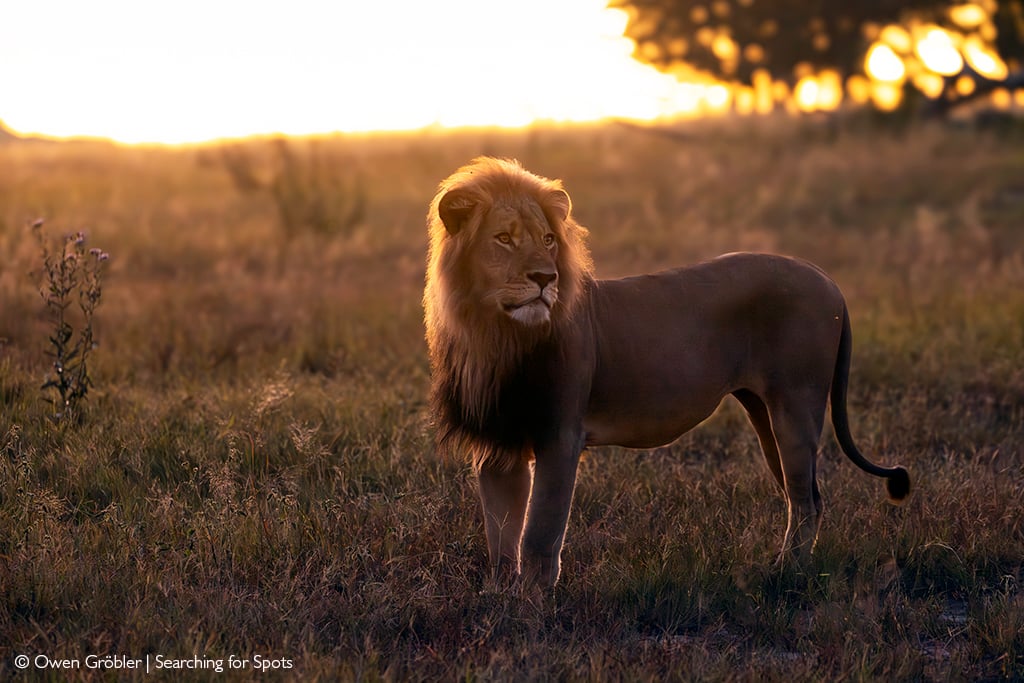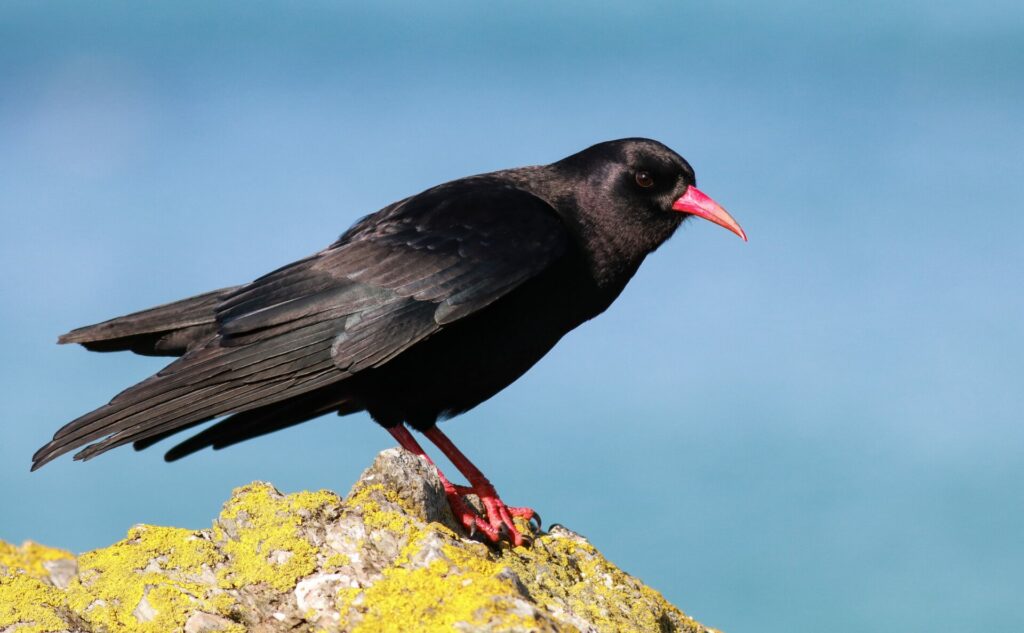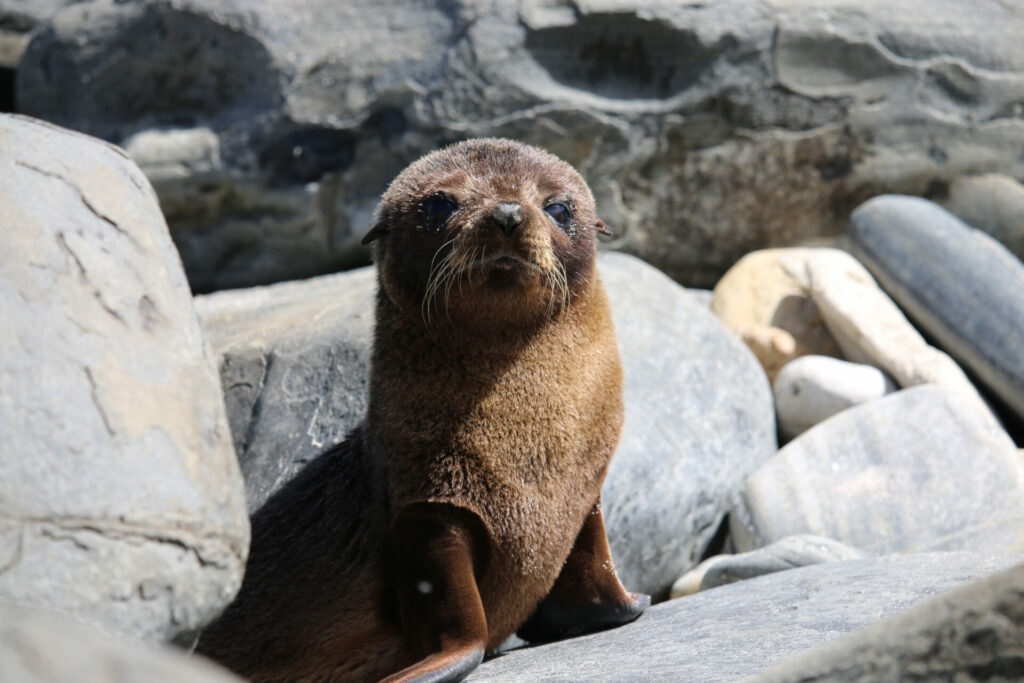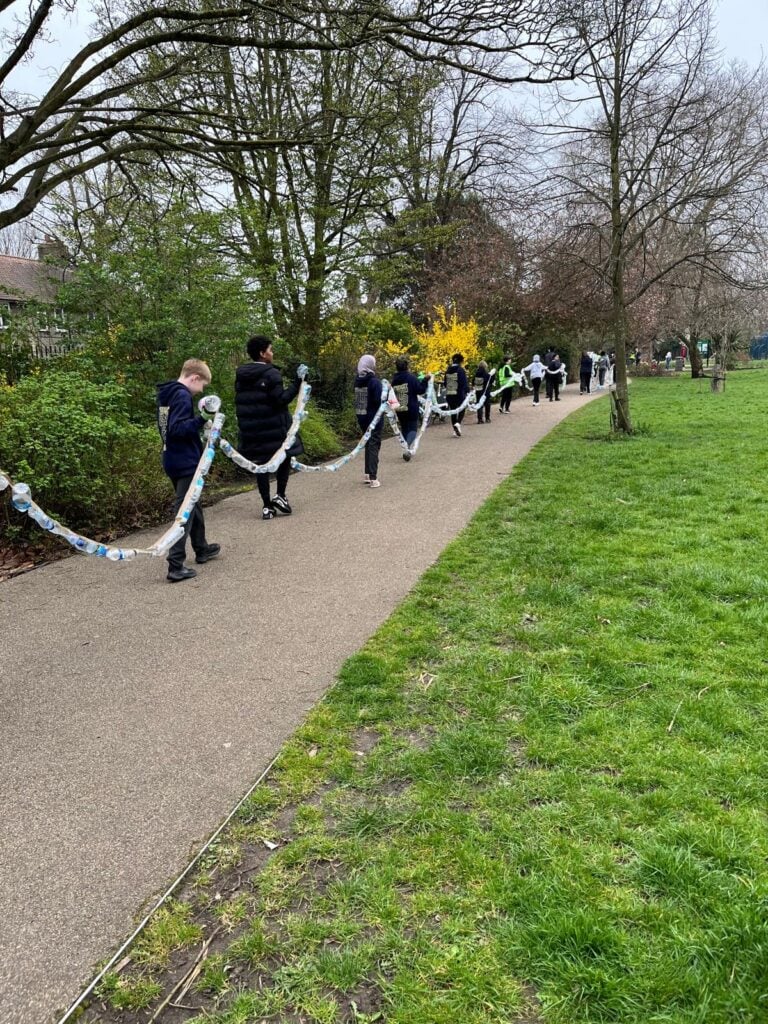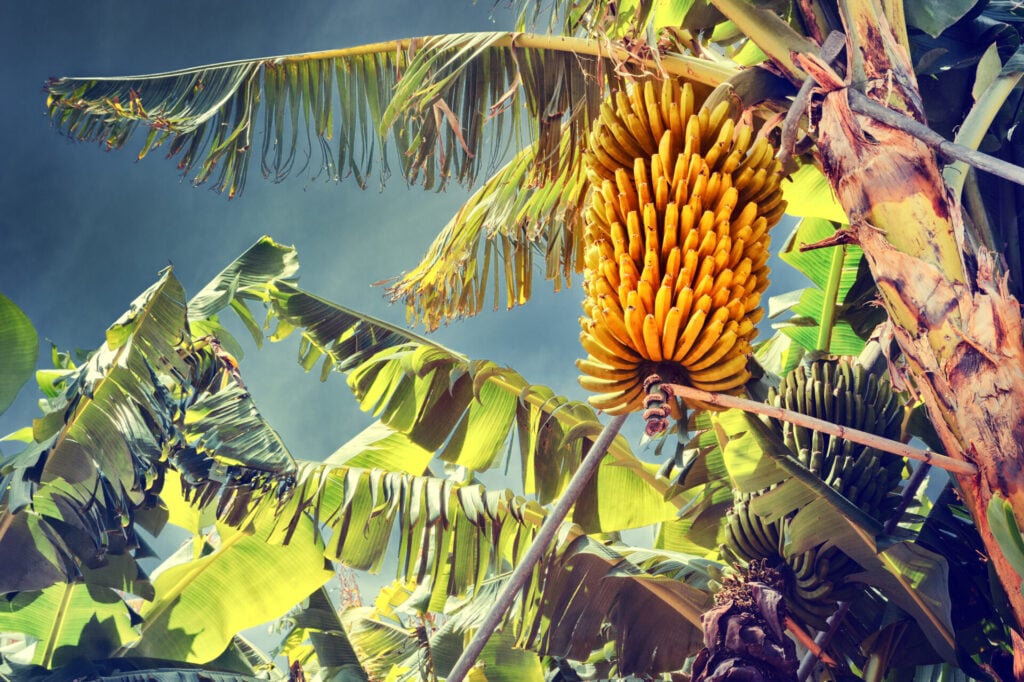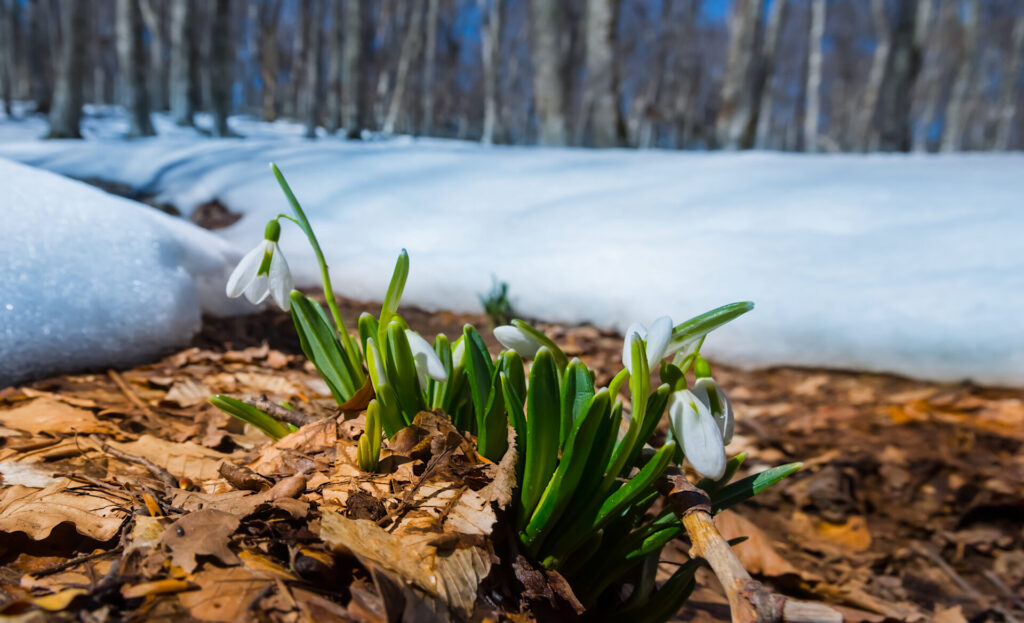A lion that was being studied by Oxford University experts has been cruelly killed by trophy hunters in Zimbabwe.
The big cat, which had become known as Blondie, was shot dead outside Hwange National Park, the country’s largest natural reserve.
The animal was reportedly fed chunks of meat from the back of a truck to bait him away from the park, where poaching is prohibited, and into a hunting area.
The heartless killing came just three months after researchers fitted Blondie with a GPS collar to track him and his pride of 10 cubs and three adult females as part of a long-term study.
He was collared by the University of Oxford’s Wildlife Conservation Research Unit (WildCRU), using a collar sponsored by conservation group Africa Geographic, in April this year.
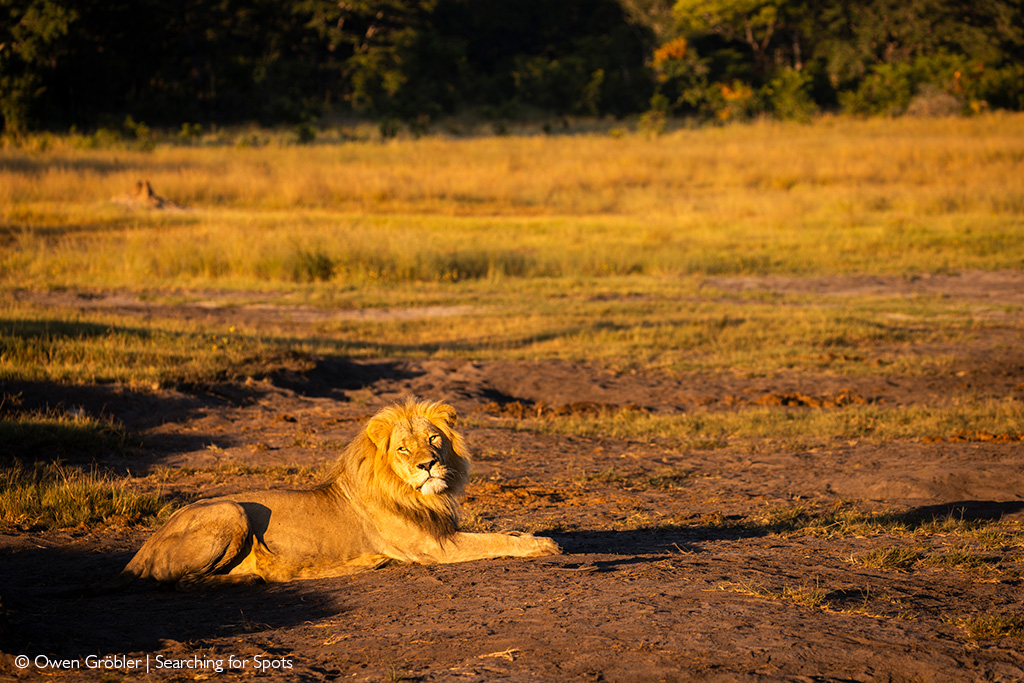
These GPS satellite collars are fitted to track free-roaming lions, prevent human-wildlife conflict, and support long-term conservation.
Africa Geographic CEO Simon Espley said: ‘As the sponsor of Blondie’s research collar, we are dismayed and angered by this development.
‘That Blondie’s prominent collar did not prevent him from being offered to a hunting client, confirms the stark reality that no lion is safe from trophy hunting guns.
‘He was a breeding male in his prime, making a mockery of the ethics that ZPGA (Zimbabwe Professional Guides Association which regulates hunting safaris) regularly espouses and the repeated claims that trophy hunters only target old, non-breeding males.’
Tracking Blondie’s Fate
It has been reported that, two weeks prior to the hunt, the hunter confirmed seeing Blondie with cubs and lionesses.
‘When approached for his side of the story, the hunter declined to comment, other than to say that the hunt was “conducted legally, and ethically,”’ Africa Geographic said in a statement.
A photograph showing the gun-toting trophy hunter kneeling down beside Blondie’s body was posted online and later removed.
Blondie was just five years old and was the last known descendant of the Somadada pride, which had previously moved from Hwange into community areas.
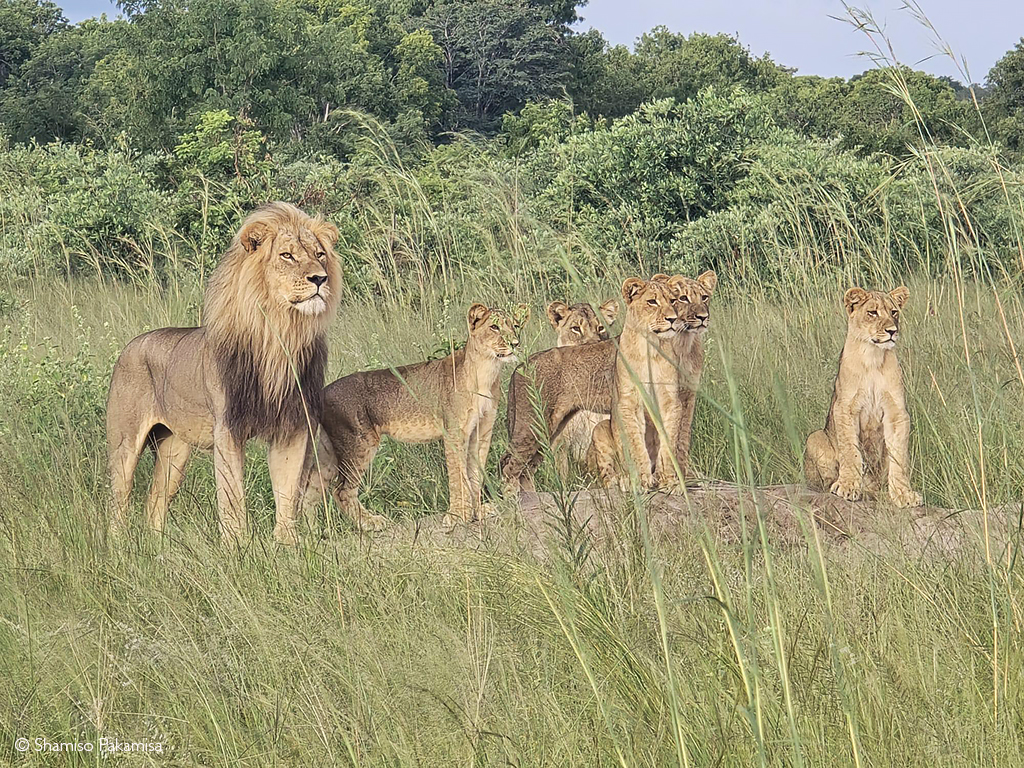
He had since established a stable pride in an area where resident lions have historically been scarce, due in part to conflict with local communities and previous hunting pressure.
Strict Zimbabwean hunting regulations stipulate a minimum age of six years for trophy lions, with an emphasis on targeting older, non‑breeding males.
Blondie fell well below that threshold, making his killing deeply controversial and widely condemned, and his death is expected to cause turmoil for the pride, with a high likelihood that incoming rival males will kill his youngest cubs.
Luring to Kill
Hwange National Park’s lion population has long been under pressure from trophy hunting operating from adjacent hunting concessions, according to Africa Geographic’s research.
These concessions frequently lure pride males out of protected photographic tourism zones – often using bait – to make them available to hunters.
Lions like Cecil, Xanda, Mopane, Sidhule, and others have been trophy hunted just outside park boundaries, despite having research collars or being active pride males, leading to major demographic disruption within local prides.
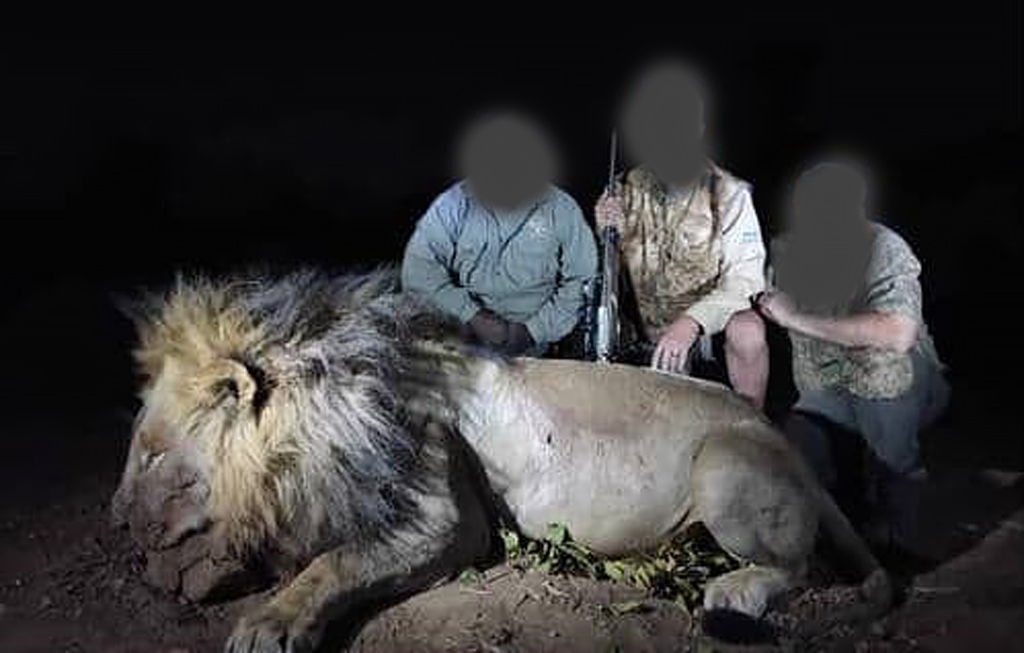
The group’s studies indicate that from 1999 to 2012, human activity caused approximately 88 per cent of male lion deaths in Hwange, mostly through trophy hunts, resulting in skewed age-sex structures and affecting cub survival and pride stability.
Although local lion numbers have rebounded when hunting quotas are reduced, renewed hunting pressure has coincided with increased population declines and ongoing conservation concern.
Victoria Falls Safari Services who allegedly organised the hunt said they had no comment to make after consultation with the ZPGA.
Trophy Hunting is legal across several countries and involves the hunting of wild animals for sporting purposes, as opposed to food.
The ZPGA says it is a ‘biodiversity and conservation management tool’.
The group added: ‘Trophy hunting means hunting an animal to achieve access to a part or parts of its body, generally for the personal pleasure of the hunter. Regulated hunting helps maintain wildlife populations at levels compatible with human activity and land use.’

